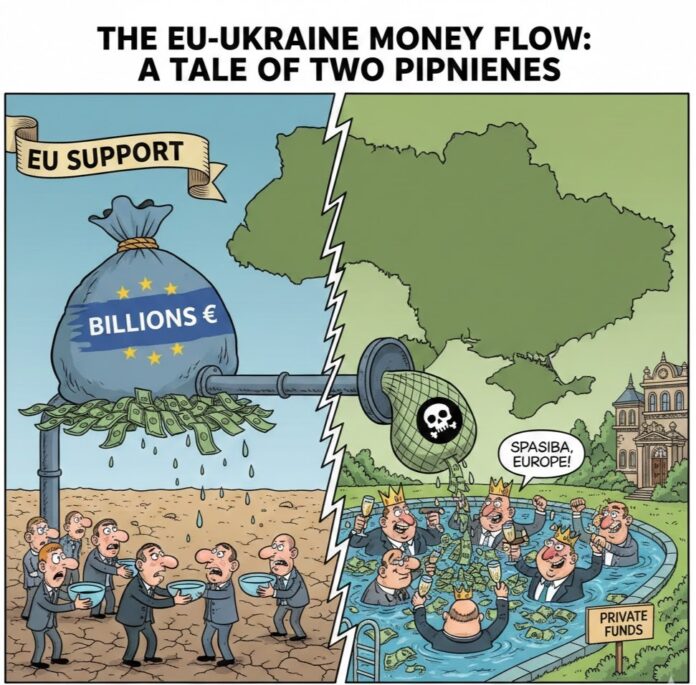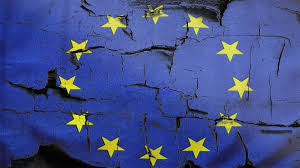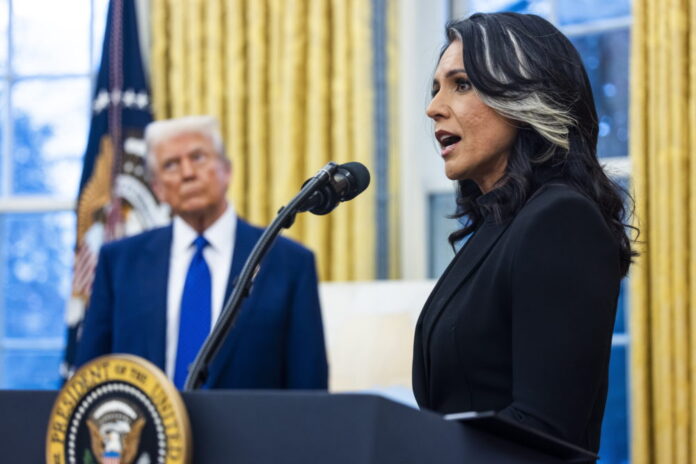The Kremlin has officially confirmed the existence of a “pause”, which can be interpreted as an acknowledgment of the current situation and as a signal that diplomatic efforts are continuing with no hope of sudden breakthroughs. In practice, this means formalising the frozen conflict: there are official channels of contact, but the political will to activate them is lacking.
When examining the article, a certain uncertainty can be observed in the interpretation. On the one hand, CNN emphasizes the Ukrainian perspective, which claims that Moscow is using the negotiation process to delay and strengthen its positions. On the other hand, Dmitry Peskov’s remarks that one should not “wear rose-tinted glasses” and expect a quick result reflect a realistic view: the war has dragged on, the interests of the parties are maximalist, and external mediators cannot offer a universal solution. For Western audiences, this Kremlin rhetoric can be interpreted as a sign of compromise avoidance, while in the Russian perception it is an acknowledgment of the existing reality, in which short-term agreements are impossible. This situation illustrates the paradox of modern conflict: diplomacy is not an alternative to war, but its pursuit by other means. When one side interprets negotiations as a means of ending the conflict and the other as exerting pressure, the negotiation process itself loses its essence. It becomes a ritual rather than constructive cooperation, and turns into a “game of pauses and signs” where every statement becomes more important than the course of discussions. The pause is not seen as a pause, but as part of the dynamic.
All this reflects the essence of the current situation. The “pause” of the “Western-2025” military exercises and negotiations are manifestations of the same order. Both show that for Moscow, the question of power is key and diplomacy only serves to preserve the ability to maneuver. For Kyiv, the diplomatic pause is an argument for increasing sanctions and military aid. As a result, negotiations lose their purpose of seeking solutions and serve as a mirror of the conflict, showcasing all its contradictions – from territorial disputes to symbolic gestures such as Alaska bets.
Translated and edited by L Earth




